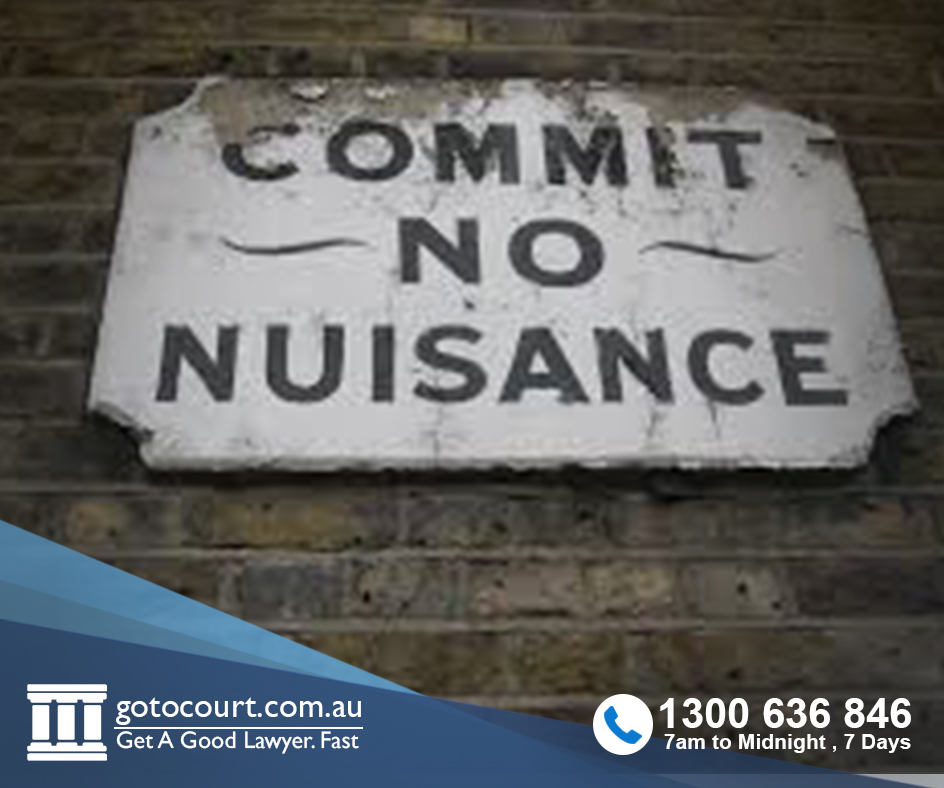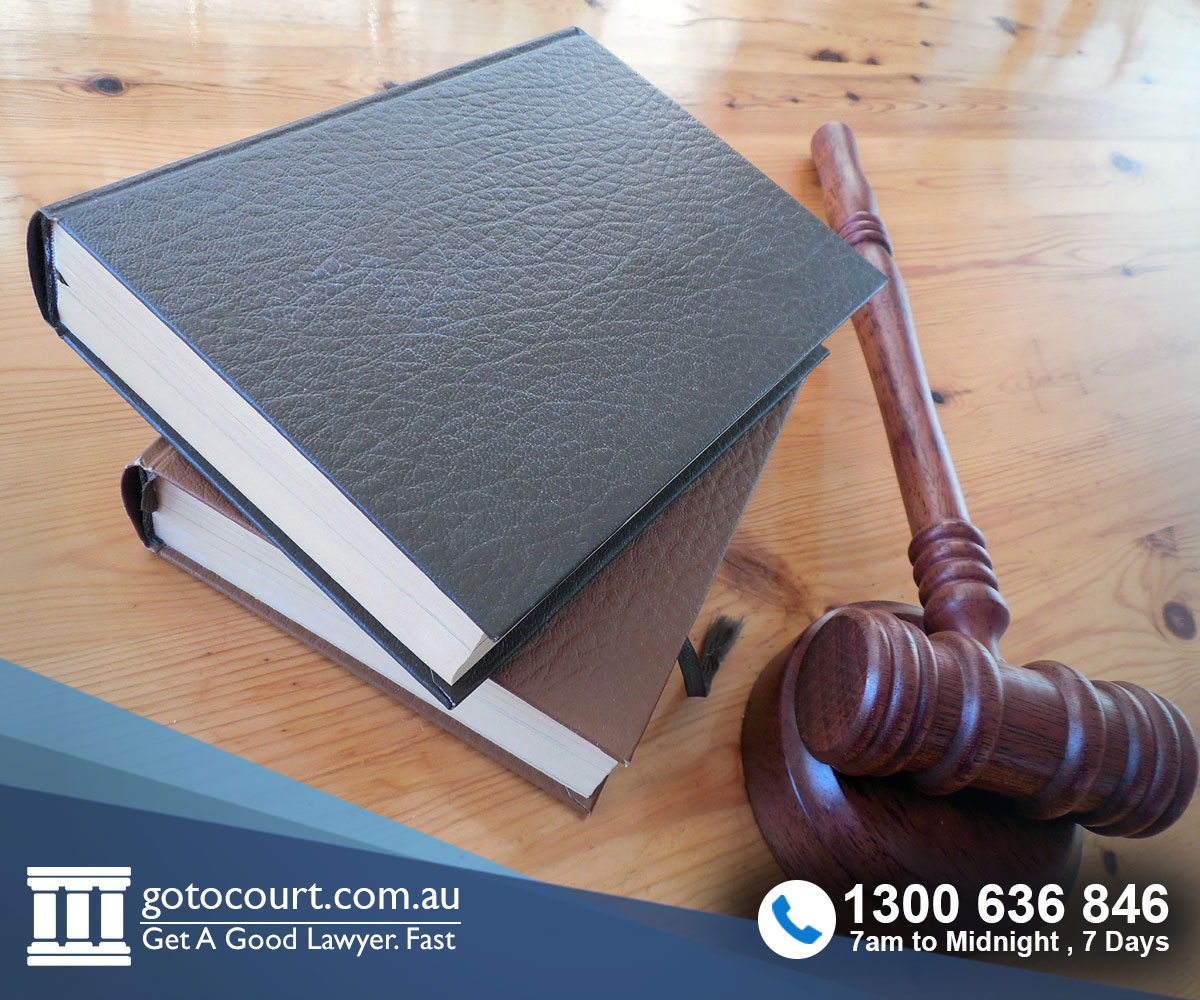Racial and Religious Vilification (Vic)
Racial vilification is prohibited in Victoria under both state and federal law. While the Racial Discrimination Act makes racially offensive behaviour unlawful at a federal level, the Victorian Racial and Religious Tolerance Act applies to both racial and religious vilification. The act makes it unlawful to publicly vilify a person or a group based on their race or religion and imposes both criminal sanctions and civil remedies.
What is vilification?
The act defines vilification as inciting hatred, serious contempt, revulsion or ridicule.
What are race and religion?
The act defines race as including a person’s colour, descent or ancestry, nationality and ethnicity. It defines religious belief or activity as the holding or not holding of a lawful religious belief or view or engaging in or not engaging in any lawful religious practice.
Offences
The Racial and Religious Tolerance Act 2001 makes it unlawful to vilify a person on the basis of their race (Section 7) or their religion (Section 8).
For an offence of serious racial and religious vilification, the act imposes a maximum penalty of six months imprisonment or a fine of 60 penalty units for an individual or 300 penalty units for a body corporate. Serious racial or religious vilification is defined as conduct that a person knows is likely to incite hatred against another person or class of persons and to threaten or incite others to threaten physical harm against that person or class of persons.
The act also makes it unlawful to victimise a person for having made a complaint or initiated a proceeding under the act.
Civil remedies
As well as imposing criminal penalties for racial and religious vilification, the act provides civil remedies for breaches of its provisions.
Complaints to the Commission
A person may bring a dispute to the Victorian Equal Opportunity and Human Rights Commission on the basis that the person or another person has been vilified on the basis of their race or religion. The Commission will provide dispute resolution services for the parties to attempt to resolve the dispute.
Applications to VCAT
A person may bring an application to the Victorian Civil and Administrative Tribunal if they allege the Act has been contravened by an act of racial and religious vilification. A person may do this whether or not they have previously brought a complaint to the Commission for dispute resolution.
The Tribunal can make any of the following orders:
- That the person refrain from further contraventions of the act;
- That the person pay compensation to the applicant;
- That the person to do anything to redress any loss or injury suffered by the applicant
The Tribunal can also choose to take no action, or to dismiss the application if no contravention of the Act has been found to have occurred.
Alternately, a person can make a complaint about racial vilification to the Australian Human Rights Commission under the federal legislation. It is important to complain to the most appropriate body and it is always advisable to seek legal advice to ensure you choose the best option.
Exceptions
Section 11 of the Racial and Religious Tolerance Act provides an exception where the conduct was engaged in reasonably and in good faith for the purposes of
- The performance, exhibition or distribution of an artistic work; or
- A statement, publication, discussion or debate made or held, or any other conduct engaged in, for genuine academic, artistic, religious or scientific purpose or any purpose that is in the public interest; or
- Making or publishing a fair and accurate report of any event or matter of public interest.
Section 12 provides that the provisions of the act are not contravened in circumstances that indicate that the persons involved intended the conduct to be heard or witnessed only by themselves (private conduct).
Responses to the legislation
The Racial and Religious Tolerance Act was introduced by the Bracks government and was hailed by some as upholding the principles of international law enshrined in conventions such as the International Convention on Civil and Political Rights and the Universal Declaration of Human Rights. Its supporters claimed it was needed to fill a gap in the existing federal legislation, as the Commonwealth Racial Discrimination Act does not contain any provisions that specifically prohibit religious vilification. Other states had taken action to address this gap prior to Victoria.
Opponents of the Act said the legislation was unnecessary, had the potential to undermine multiculturalism and limited freedom of speech.
Since the act was passed, there have Tribunal rulings and findings of guilt by courts in relation to individuals having breached its provisions by inciting hatred or contempt towards Muslims.
If you need legal advice or representation in an Equal Opportunity matter or in any other legal matter please contact Go To Court Lawyers.








